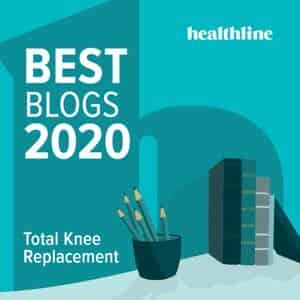Deknees
new member
I had knee surgery on March 26th.
I‘m at nearly 6 weeks since the op. Whilst my knee is healing as it should my biggest challenge is sleeplessness coupled with restless legs. I have always been a pooor sleeper and have had restless legs occasionally causing the insomnia. But since the knee replacement I have had only two nights in almost six weeks where I slept a maximum of three hours at a stretch. The rest of the time I exist on 2 to three hours a night, sometimes even less. whilst generally a well-motivated person, good energy and good outlook, all of this is rapidly decreasing, my mood is very low at times, energy and motivation hard to find, exhausted physically and mentally almost every day. Doctor prescribed a short dose sleeping tablets, they failed to deliver and I felt toxic and like a zombie the following day. The restless legs at night is very hard on my poorly leg as I am driven off the bed to move or tense my muscles, for hours at a time. Falling asleep mostly eludes me.
I‘m at nearly 6 weeks since the op. Whilst my knee is healing as it should my biggest challenge is sleeplessness coupled with restless legs. I have always been a pooor sleeper and have had restless legs occasionally causing the insomnia. But since the knee replacement I have had only two nights in almost six weeks where I slept a maximum of three hours at a stretch. The rest of the time I exist on 2 to three hours a night, sometimes even less. whilst generally a well-motivated person, good energy and good outlook, all of this is rapidly decreasing, my mood is very low at times, energy and motivation hard to find, exhausted physically and mentally almost every day. Doctor prescribed a short dose sleeping tablets, they failed to deliver and I felt toxic and like a zombie the following day. The restless legs at night is very hard on my poorly leg as I am driven off the bed to move or tense my muscles, for hours at a time. Falling asleep mostly eludes me.



 United Kingdom
United Kingdom I will leave you our Knee Recovery Articles to help with your recovery.
I will leave you our Knee Recovery Articles to help with your recovery.
